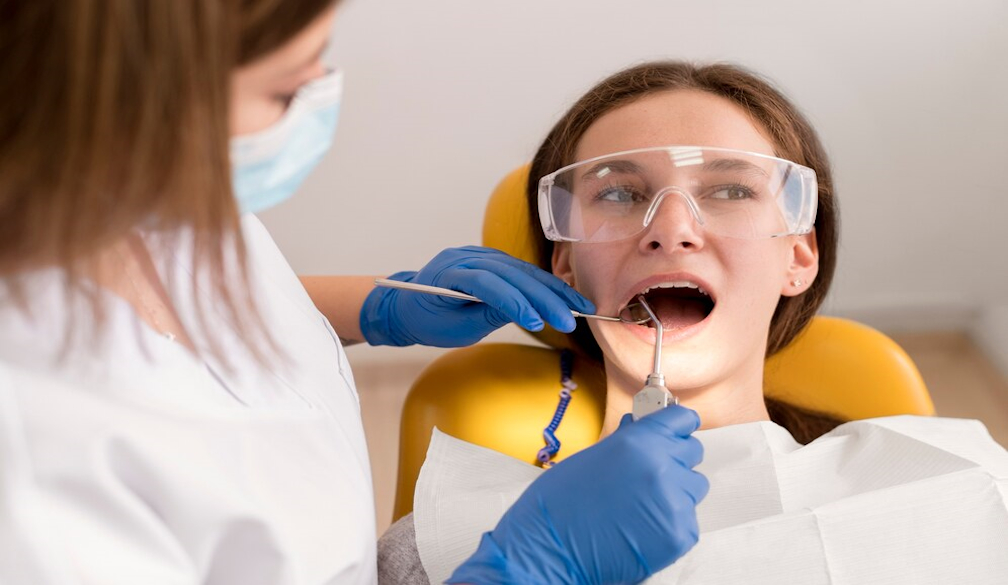What to Expect Before, During, and After Wisdom Teeth Extraction

Wisdom teeth extraction is a common dental procedure, often recommended when these third molars cause issues or are at risk of causing problems. Understanding what to expect before, during, and after the procedure can help alleviate anxiety and ensure a smoother recovery. Here’s a comprehensive guide to help you navigate the process of wisdom teeth extraction in Australia.
Before the Extraction
1. Consultation and Assessment
Before the extraction, you’ll have a consultation with your dentist or oral surgeon. This visit typically includes a thorough examination and X-rays to evaluate the position of your wisdom teeth and determine the best approach for extraction. Your dentist will discuss the procedure, potential risks, and what you need to do to prepare.
2. Pre-Procedure Instructions
Your dentist will provide specific instructions to follow before the extraction. This may include dietary restrictions, such as fasting for a few hours before the procedure if you’ll be under sedation or general anaesthesia. You’ll also be advised to arrange transportation, as you might be drowsy from the sedation.
3. Medication and Pain Management
If you have any concerns about pain or anxiety, discuss them with your dentist. They may prescribe pain relief medication or anti-anxiety medications to help manage your comfort before and after the procedure. Make sure to follow any prescribed medication instructions carefully.
During the Extraction
1. Anesthesia and Sedation
On the day of the extraction, your dentist will administer anaesthesia to ensure you’re comfortable throughout the procedure. Depending on the complexity of the extraction and your anxiety levels, you may receive local anaesthesia (numbing the area around the wisdom teeth), sedation (to help you relax), or general anaesthesia (to put you to sleep).
2. The Extraction Procedure
The actual extraction involves removing the wisdom teeth from their sockets. If the teeth are impacted or not fully erupted, the procedure may be more involved, requiring the dentist to make an incision in the gum and possibly remove some bone tissue. Your dentist or oral surgeon will carefully extract the teeth and clean the area to prevent infection.
3. Duration and Recovery
The duration of the procedure varies depending on the complexity. Simple extractions might take just a few minutes per tooth, while more complex cases can take longer. After the extraction, you’ll be monitored until the effects of the anaesthesia wear off. Most patients can go home the same day.
After the Extraction
1. Post-Procedure Care
Once you’re home, follow your dentist’s post-operative care instructions to ensure proper healing. This typically includes:
- Rest: Avoid strenuous activities for a few days to aid recovery.
- Pain Management: Take prescribed pain relief medications as directed. Over-the-counter painkillers can also help manage discomfort.
- Oral Hygiene: Gently rinse your mouth with warm salt water after the first 24 hours to keep the area clean. Avoid brushing the extraction site until your dentist advises it’s safe.
2. Swelling and Bruising
Swelling and bruising are common after wisdom teeth extraction. Apply ice packs to your face in intervals to reduce swelling. The swelling usually peaks within 48 hours and gradually subsides.
3. Diet and Hydration
Stick to soft foods and avoid hot, spicy, or hard foods that might irritate the extraction site. Hydrate well, but avoid using straws as the suction can dislodge the blood clot forming in the socket.
4. Monitoring and Follow-Up
Keep an eye out for any signs of complications, such as excessive bleeding, severe pain, or signs of infection (like fever or pus). Contact your dentist if you experience any of these symptoms. Follow-up appointments are often scheduled to monitor healing and remove any stitches if necessary.
5. Long-Term Recovery
Most patients experience a full recovery within one to two weeks. It’s essential to continue practising good oral hygiene and attend any scheduled follow-up appointments to ensure proper healing and address any concerns.
Conclusion
Wisdom teeth extraction, while a common procedure, requires careful preparation and attention to post-operative care to ensure a smooth recovery. By understanding what to expect before, during, and after the extraction, you can approach the procedure with confidence and minimise potential complications. If you have any questions or concerns about wisdom teeth extraction, consult with your dentist or oral surgeon for personalised advice and support.







